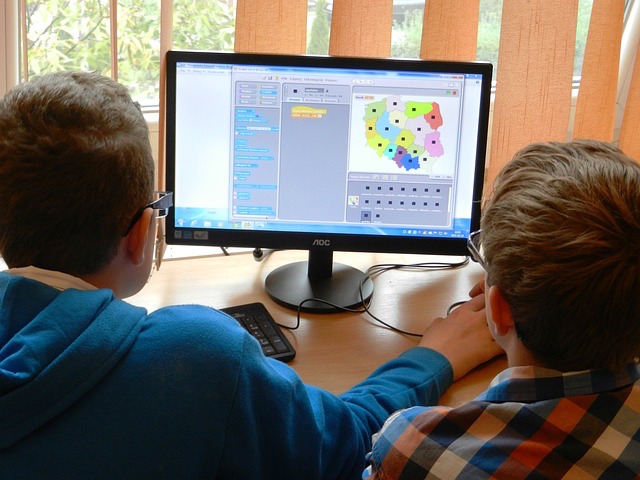Lecture (Level 2) – How to control someone else’s arm with your brain

by Greg Gage
a neuroscientist and engineer who is passionate about helping students understand how our brains and our neurons work, because as he said, “We still know very little about how the brain works, and we need to start inspiring kids early to want to know more.
First preview the vocabulary below. Then do the exercise by first reading a single question and then listening for the answer. When you hear the answer, pause the video and answer the question. Then read the next question and do the same thing. If you get the answer wrong, then go back to where the answer is given and listen again.
Your Score:
Your Ranking:
Vocabulary:
organ: important part of the body
complex: complicated, not simple
access: interact with
neurological disorder: problem with the brain, mental illness
affordable: inexpensive
DIY: do it yourself
demonstration: showing something
electrodes: pads that read and send electricity
neurons: brain cells
motor cortex: part of the brain that controls movement
spinal chord: nerve in the backbone
free will: ability to choose
weird: strange
© 2014 Ambien Malecot







